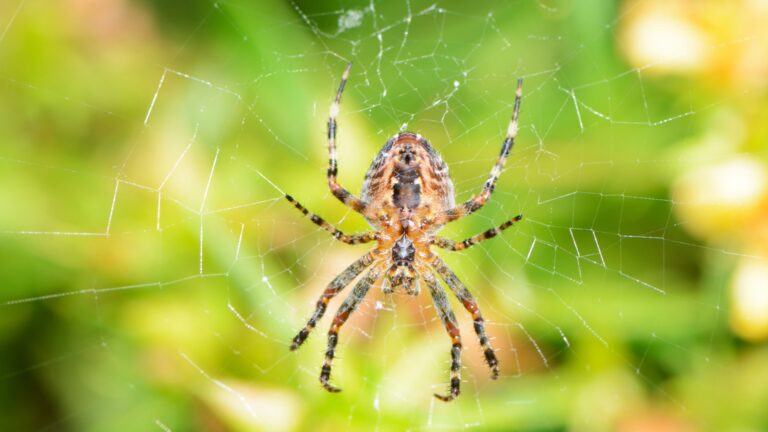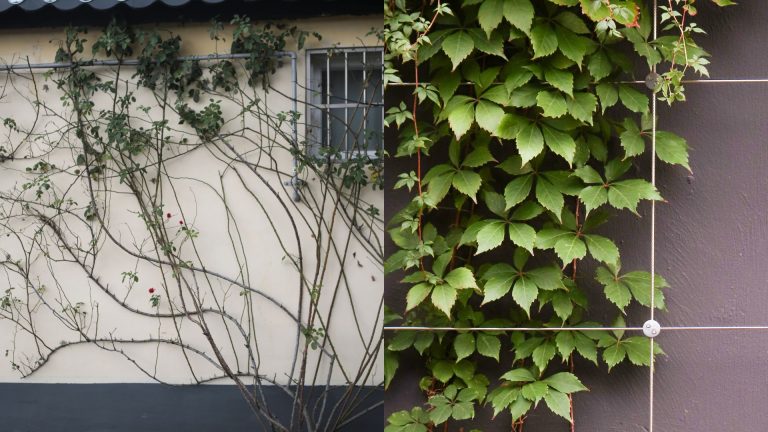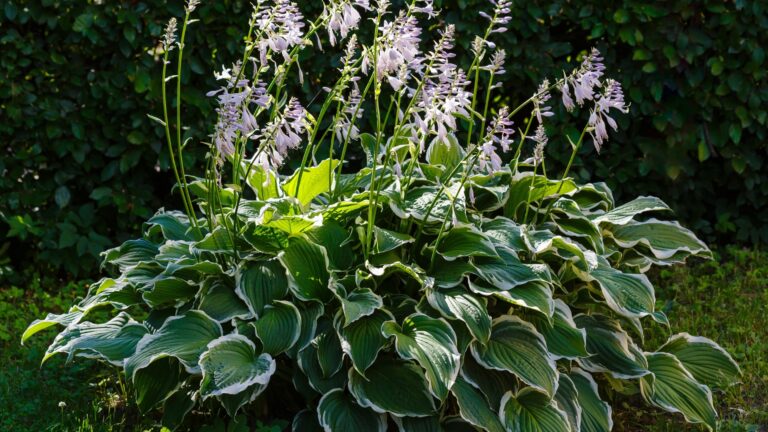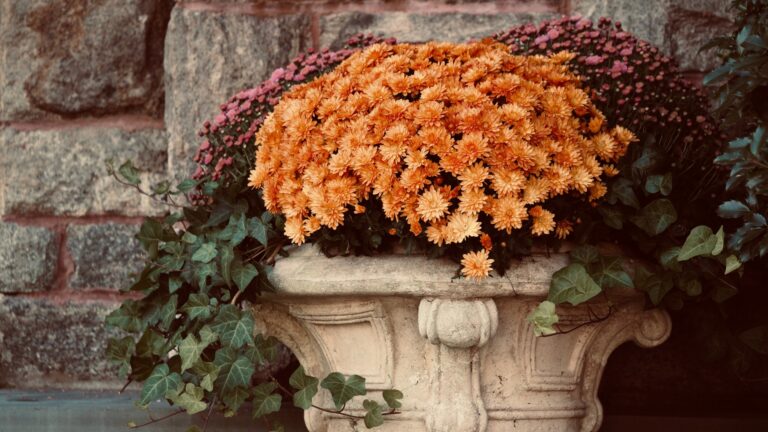8 Tips To Stop Overwintering Bugs From Invading Georgia Homes
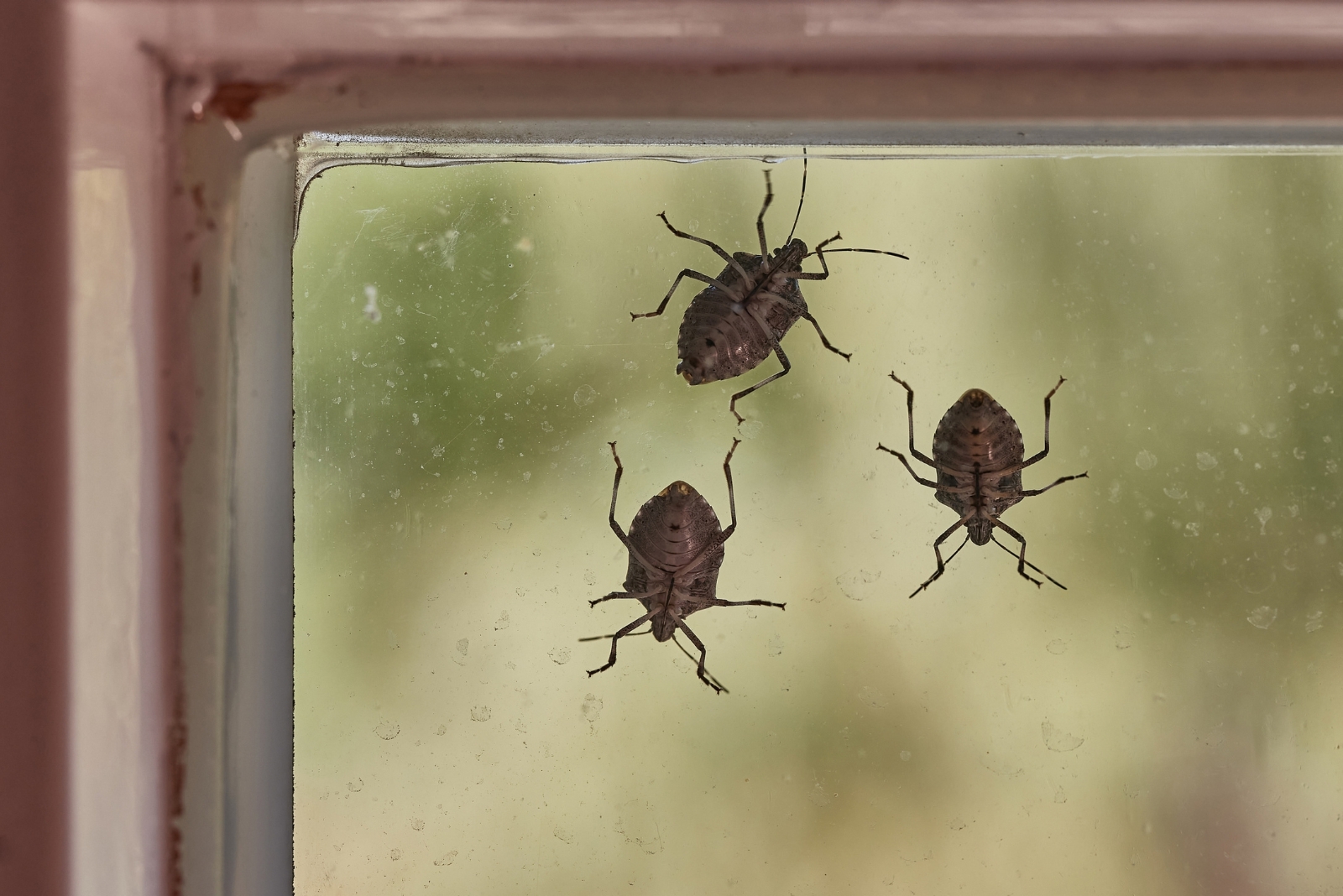
As the temperatures drop in Georgia, some bugs are looking for a cozy spot indoors—and your home is perfect! These little invaders can be a real nuisance if you’re not prepared.
I’ve got practical tips to help keep them out without stressing you out. Stay warm and bug-free all winter long.
1. Seal Up Cracks and Gaps
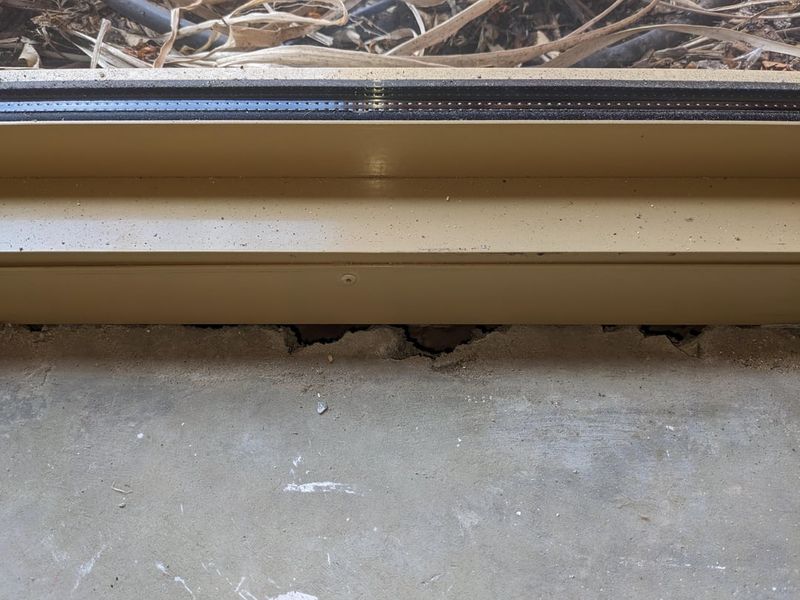
Bugs can slip through openings as thin as a credit card, so finding and sealing these entry points is your first line of defense. Walk around your Georgia home and look carefully at where pipes, wires, and cables enter the building.
Use caulk for small cracks and expanding foam for larger gaps. Pay special attention to areas around windows, doors, and your foundation where bugs commonly sneak inside during fall.
2. Install Door Sweeps and Weather Stripping
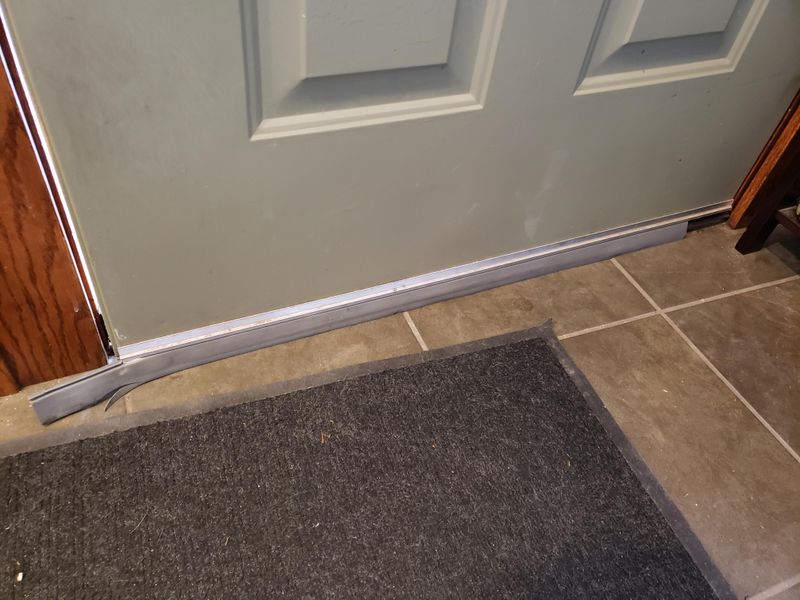
That gap under your front door might look small, but it’s like a highway for stink bugs and lady beetles seeking shelter. Door sweeps attach to the bottom of doors and create a tight seal against the threshold.
Weather stripping works around door frames and windows to close off spaces. Many Georgia homeowners forget about garage doors, which often have the biggest gaps of all and need attention too.
3. Repair Damaged Window Screens
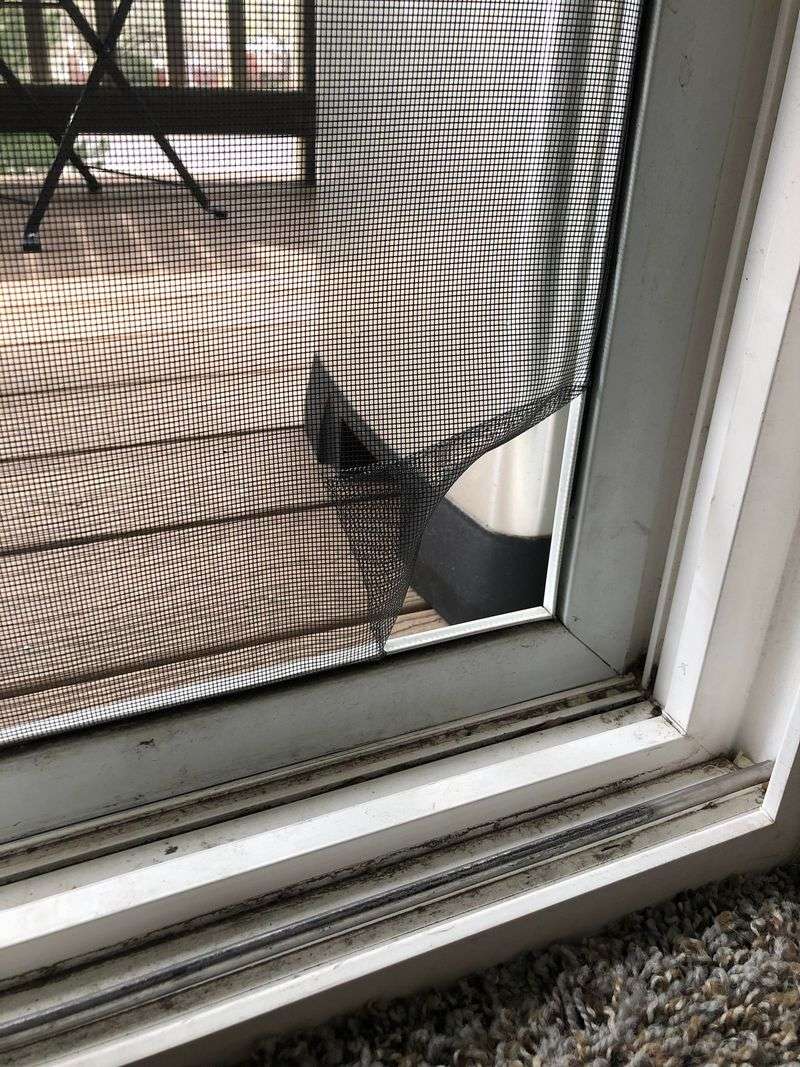
Even a tiny tear in a window screen becomes an open invitation for overwintering pests to enter your living space. Inspect every screen in your house for holes, rips, or areas where the frame has pulled away from the window.
Screen repair kits are inexpensive and easy to use for small damages. For larger problems, replacing the entire screen might be necessary to keep Georgia’s cold-weather bugs outside where they belong.
4. Reduce Outdoor Lighting at Night

Bright white lights act like a beacon that draws bugs toward your home during evening hours. Box elder bugs, stink bugs, and Asian lady beetles are especially attracted to these light sources and will gather near doors and windows.
Switch to yellow or sodium vapor bulbs, which are less attractive to insects. Keep porch lights off when not needed, and consider motion sensors for Georgia homes to minimize the time lights stay on.
5. Keep Firewood Away From Your House
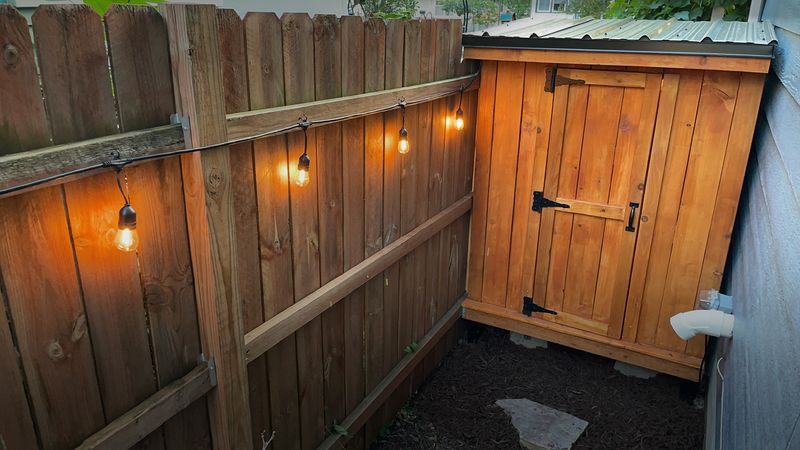
Firewood piles create perfect hiding spots for bugs preparing to overwinter, and stacking wood against your house gives them direct access inside. Stink bugs, spiders, and beetles love to burrow into woodpiles during fall.
Store your firewood at least twenty feet away from your Georgia home and elevate it off the ground on a rack. Only bring in what you plan to burn immediately, and inspect each log before carrying it indoors.
6. Clean Up Yard Debris and Mulch
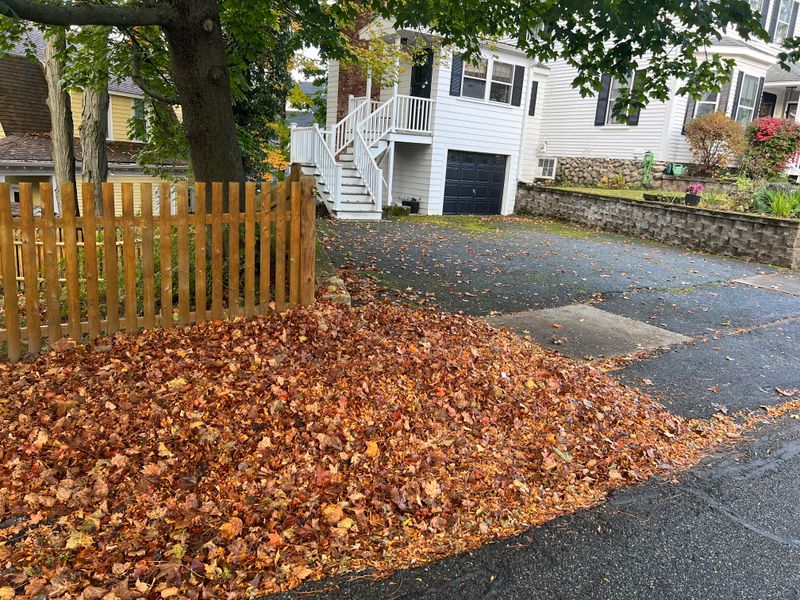
Piles of leaves, thick mulch layers, and dead plant material right against your foundation provide cozy overwintering sites for hundreds of bugs. Once they settle into these areas, moving indoors becomes their next logical step when temperatures really drop.
Rake leaves away from your home’s perimeter and keep mulch layers thin, around two to three inches maximum. Georgia residents should maintain a clean zone of at least eighteen inches between vegetation and their foundation walls.
7. Check and Seal Attic Vents
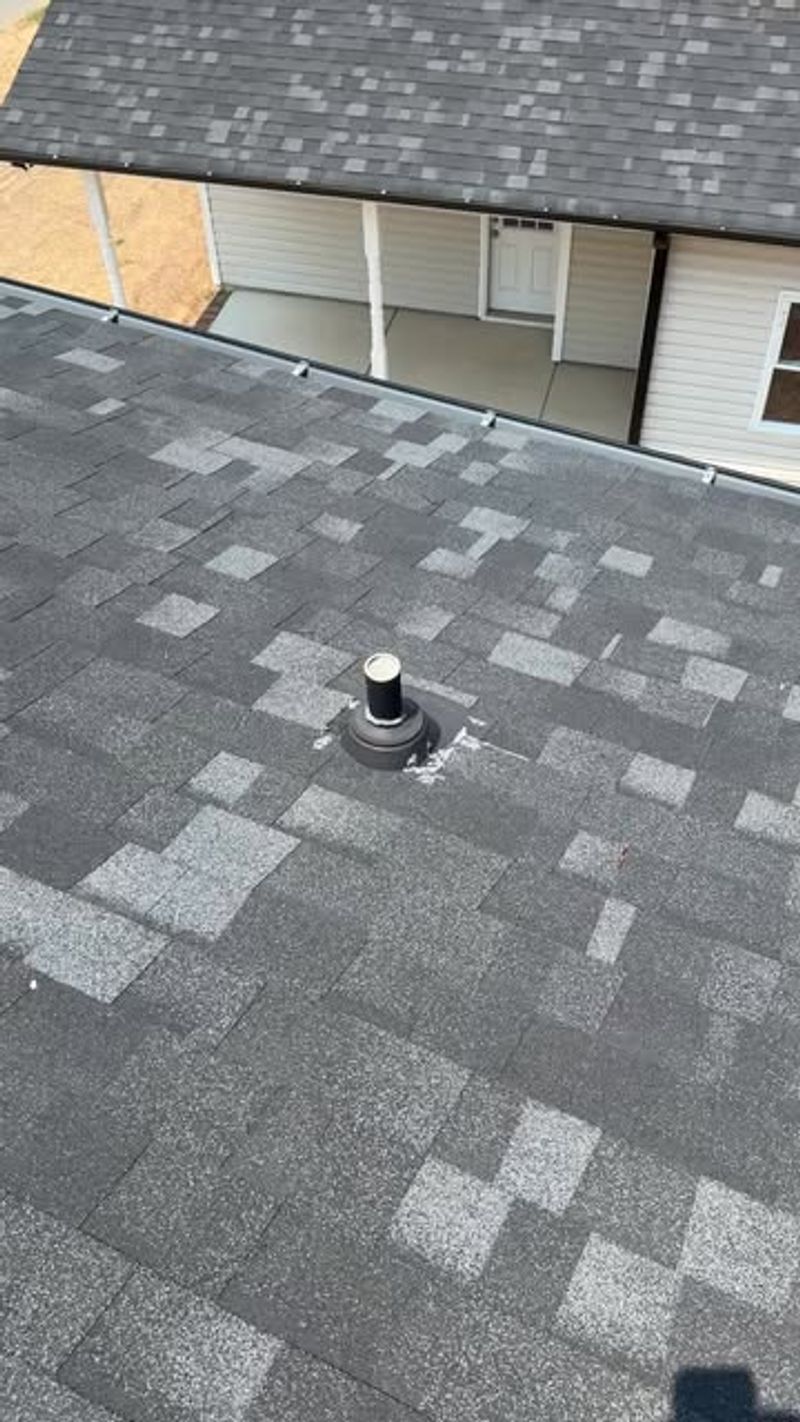
Attics offer the perfect warm, undisturbed environment that overwintering bugs desperately seek during cold months. Vents often have openings large enough for stink bugs and lady beetles to fly right through without any obstacles.
Cover vents with fine mesh screening that allows air circulation but blocks insect entry. Check for gaps around vent frames and seal them with appropriate materials. Many Georgia attics harbor thousands of bugs simply because vents weren’t properly protected.
8. Vacuum Up Bugs Instead of Squashing Them
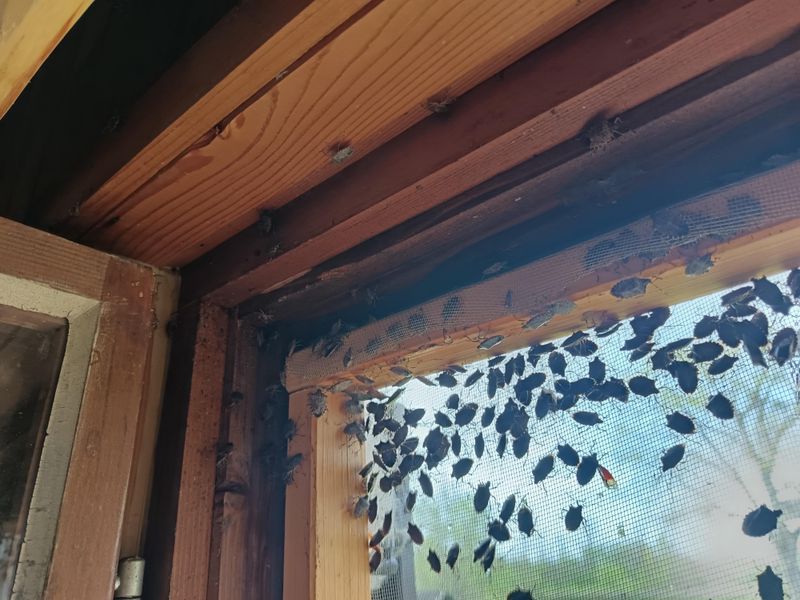
Once bugs get inside your Georgia home, resist the urge to squash them with your hand or a tissue. Stink bugs release a terrible odor when crushed, and lady beetles can leave staining secretions on walls and fabrics.
Use a vacuum with a hose attachment to gently remove them, then empty the bag or canister outside immediately. For ongoing problems, keep a small handheld vacuum ready specifically for bug removal throughout the winter season.

